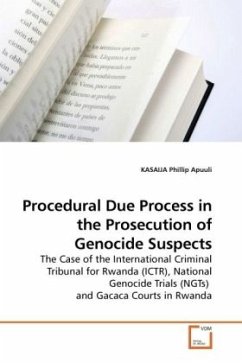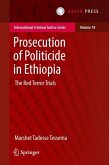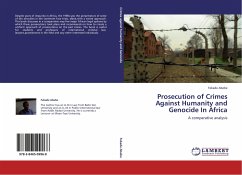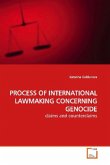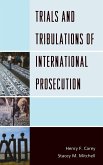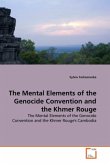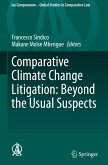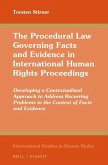Three transitional justice processes namely;the International Criminal Tribunal for Rwanda (ICTR, National Genocide Trials (NGTs) and Gacaca courts are dealing with the issues of justice and reconciliation in post-genocide Rwanda. Whilst there are other mechanisms of transitional justice such as amnesty, Truth and Reconciliation Commission (TRC) which do not aim at punishing, Rwanda settled for prosecutions. In a criminal process, procedural due process rights of all the actors in the trial must be respected. Rwanda s transitional justice processes, exhibit procedural due process deficiencies mainly because they are rooted in different prosecutorial traditions and philosophies. Nuances in procedures has resulted in the consumers of their justice (the victim-survivor(s) and perpetrator(s) of the genocide) to think that they are all victims and not recipients of justice. In order to remove perceptions of injustice, I argue that once a decision to prosecute mass atrocity crimes is taken, the model that should be adopted is that which puts the rights and interests of all concerned at its centre, to eliminate any perception of injustice.
Bitte wählen Sie Ihr Anliegen aus.
Rechnungen
Retourenschein anfordern
Bestellstatus
Storno

